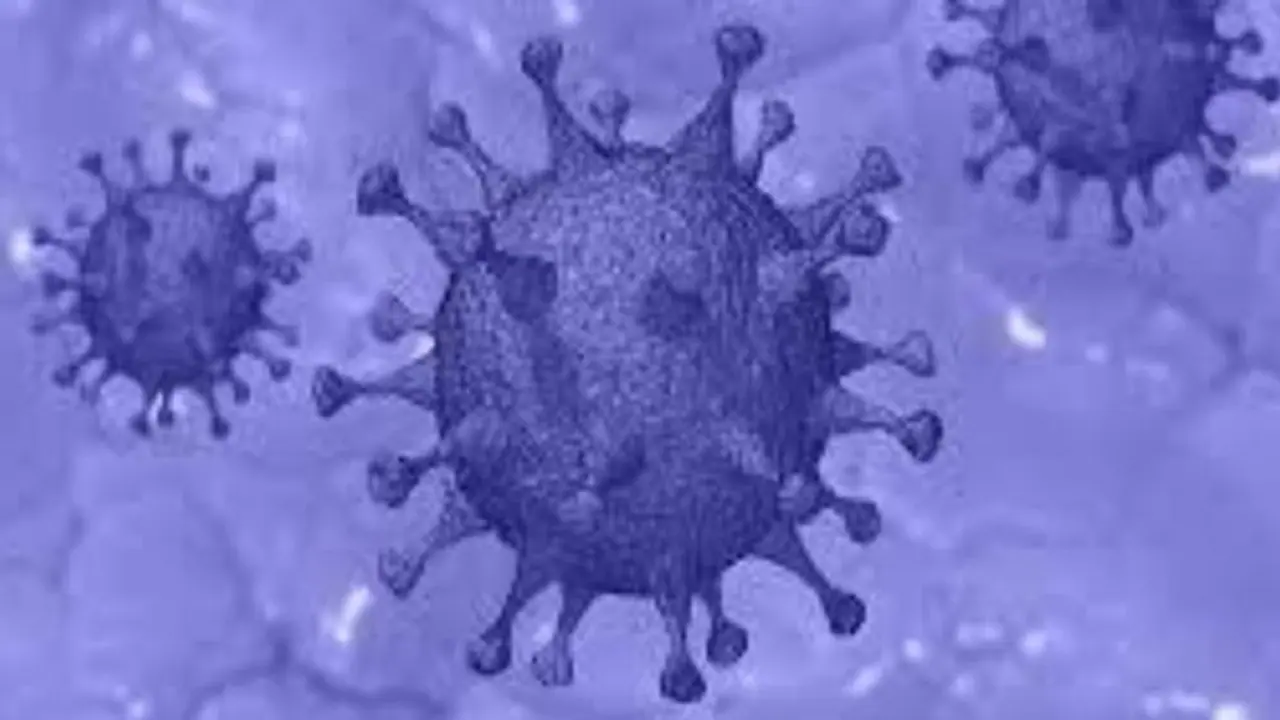The latest tests have shown a mutation, called E484K. This mutation has already been seen in the South Africa and Brazil variants of the Covid-19 virus.
London: A mutation that could allow Covid-19 to escape antibody protection has now been found in samples of a rapidly spreading strain in the UK, according to a report Monday by Public Health England.

The latest tests have shown a mutation, called E484K. This mutation has already been seen in the South Africa and Brazil variants of the Covid-19 virus.
According to the PHE report, the mutation has been newly detected in at least 11 samples of the UK's B.1.1.7 strain. It also appears some of these samples may have acquired this mutation independently, instead of spreading from a single case.
There are fears that this mutation could evade the immune system and that the vaccines currently being administered may prove less effective against these further mutating variants of the SARS-CoV-2 virus.
However, the experts, BBC spoke to, said that while the mutation may affect vaccine effectiveness, the current ones in use should still work.
Speaking to BBC, Dr Julian Tang, a virus expert at the University of Leicester, said that if the mutated versions of Covid-19 continue to spread across the globe, they could merge to make a new version of the virus.
The data, which relates to a small sample of patients, also suggests that a significant proportion of over-80 olds may not be sufficiently protected against infection until they have received their second dose of the vaccine.
“Our data suggest that a significant proportion of people aged over 80 may not have developed protective neutralising antibodies against infection three weeks after their first dose of the vaccine. But it’s reassuring to see that after two doses, serum from every individual was able to neutralise the virus”, said Dr Dami Collier, the main co-investigator on the studies.
The scientists used blood samples from 26 individuals who had received their first dose of the Pfizer/BioNTech vaccine three weeks previously, to extract serum, which contains antibodies raised in response to the vaccine. The age range of the volunteers was 29 to 89 years.
Citing the genomics database GISAID, the study also tallied a slightly higher total of cases than the PHE report: two unrelated cases in Wales and a cluster of more than a dozen in England, appearing as early as the first half of December 2020.
Even in the worst-case scenario, vaccines can be redesigned and tweaked to be a better match in a matter of weeks or months, if necessary, say experts.
(With inputs from agency)
